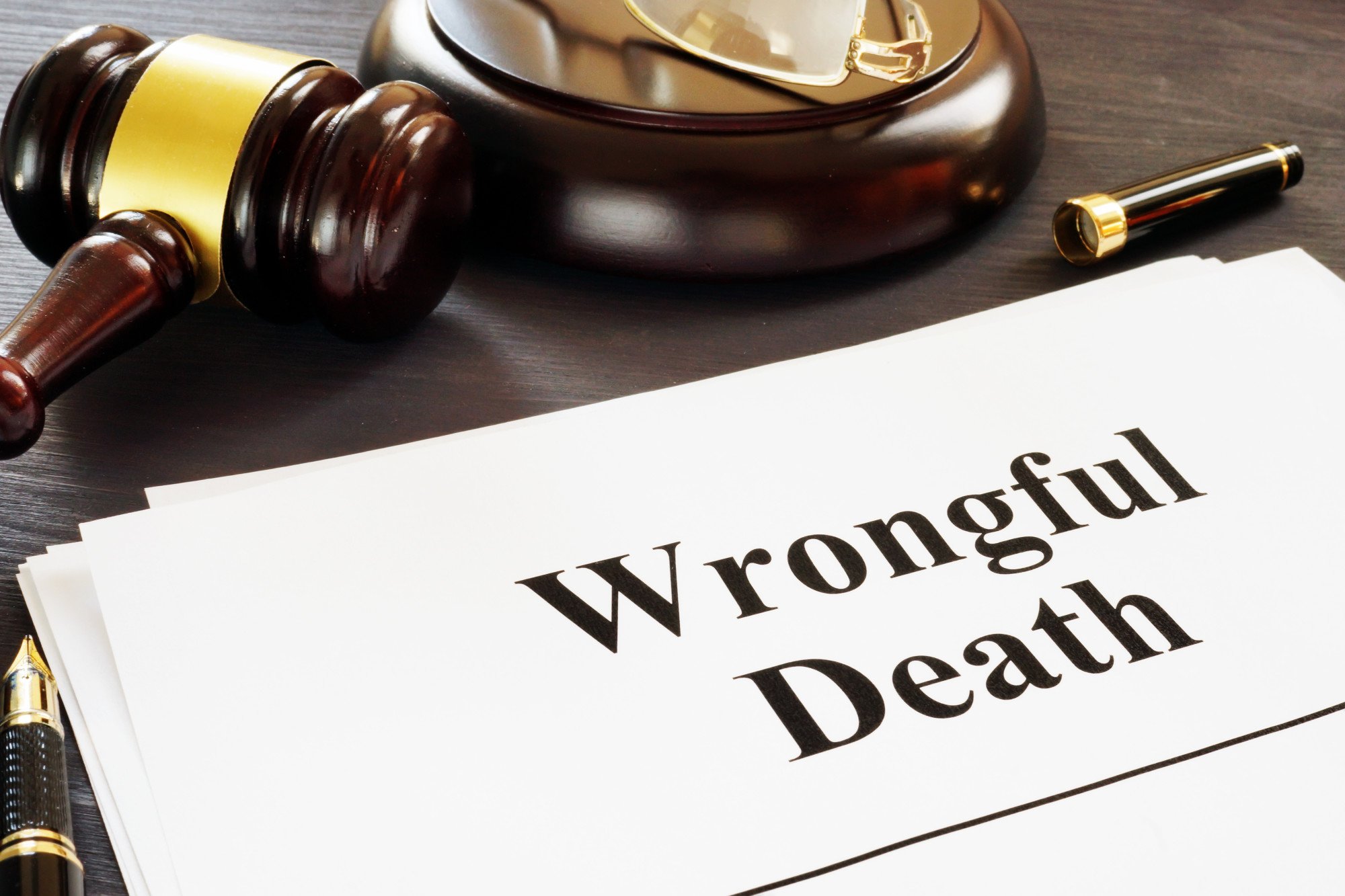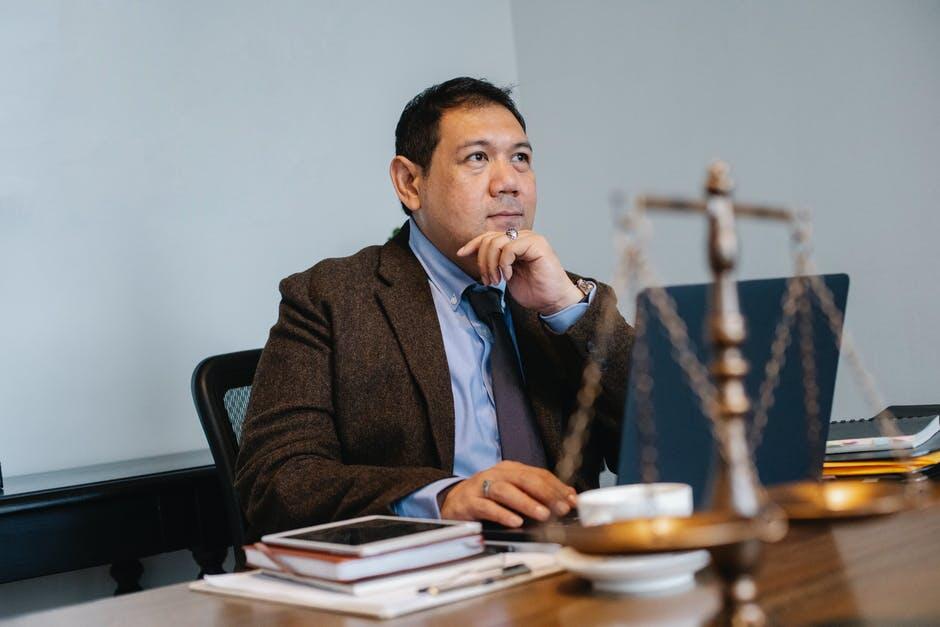Probate is the legal process of administering a deceased person’s estate. It involves validating the deceased person’s will, identifying and valuing their assets, paying their debts and taxes, and distributing their remaining assets to their beneficiaries. Probate can be a complex process, and the laws governing it can vary from state to state.
This comprehensive guide will provide an overview of Colorado probate laws, including the types of probate proceedings, the probate court process and timeline, assets that do not go through probate, the executor’s duties and responsibilities, will contests and disputes, and estate taxes and inheritance laws in Colorado.
What is probate and why is it necessary?
Probate is necessary to ensure that a deceased person’s assets are distributed according to their wishes, and that their debts and taxes are paid. It also provides a legal framework for resolving disputes that may arise in the distribution of the estate. In Colorado, probate is generally required if the deceased person’s assets are valued at more than $70,000, or if the deceased person owned real property in their name alone.
The probate process begins with the filing of a petition with the probate court in the county where the deceased person lived. The petition must include a copy of the deceased person’s will, if they had one, and a list of their assets and debts. The court will then appoint a personal representative, also known as an executor, to manage the estate.
Hiring a probate lawyer in Colorado
Probate can be a complex and time-consuming process, and it is often advisable to hire a probate lawyer to help navigate the process. A Colorado probate lawyer can help ensure that the deceased person’s wishes are carried out, and can help resolve any disputes that may arise.
When hiring a probate lawyer in Colorado, it is important to find someone who is knowledgeable and experienced in Colorado probate laws. The lawyer should also be someone you feel comfortable working with, and who is responsive to your questions and concerns.
Types of probate proceedings
There are several types of probate proceedings in Colorado, including formal probate, informal probate, and small estate administration.
Formal probate is the most common type of probate proceeding in Colorado. It is a court-supervised process that involves appointing an executor, validating the will, identifying and valuing the assets, paying the debts and taxes, and distributing the remaining assets to the beneficiaries.
Informal probate is a simplified probate process that does not require court supervision. It is typically used when the estate is uncomplicated and the heirs are in agreement.
Small estate administration is a simplified probate process that is available for estates with assets valued at less than $70,000. It allows for a quicker and less expensive probate process, and does not require court supervision.
Colorado probate court process and timeline
The probate court process in Colorado can take several months or even years to complete, depending on the complexity of the estate and whether there are any disputes.
The first step in the probate court process is to file a petition with the probate court. Once the petition is filed, the court will appoint an executor and set a hearing date. At the hearing, the court will validate the will, if there is one, and appoint the executor.
The executor’s duties include identifying and valuing the assets, paying the debts and taxes, and distributing the remaining assets to the beneficiaries. The executor must also provide regular reports to the court and obtain court approval for certain actions, such as the sale of real estate.
Assets that do not go through probate
Not all assets go through probate in Colorado. Assets that are held jointly with rights of survivorship, such as joint bank accounts and real estate, automatically pass to the surviving owner. Assets held in a trust also do not go through probate, as they are distributed according to the terms of the trust.
Life insurance policies and retirement accounts with designated beneficiaries also do not go through probate. These assets are distributed directly to the designated beneficiaries.
Executor’s duties and responsibilities
The executor of an estate has many duties and responsibilities, including identifying and valuing the assets, paying the debts and taxes, and distributing the remaining assets to the beneficiaries. The executor must also provide regular reports to the court and obtain court approval for certain actions, such as the sale of real estate.
Also, the executor must act in the best interests of the estate and the beneficiaries, and must avoid any conflicts of interest. The executor can be held personally liable for any losses incurred as a result of their actions or failure to act.
Will contests and disputes
Disputes can arise in the probate process, particularly if there are questions about the validity of the will or concerns about the executor’s actions. Will contests and other disputes are heard by the probate court, and can be costly and time-consuming.
To contest a will in Colorado, the person must have legal standing, which means they must be an interested party, such as a beneficiary or heir. The person must also have valid grounds for challenging the will, such as fraud, undue influence, or lack of capacity.
Estate taxes and inheritance laws in Colorado
Colorado does not have an estate tax or an inheritance tax. However, estates that are subject to federal estate tax must also file a Colorado estate tax return.
In Colorado, if a person dies without a will, their assets will be distributed according to Colorado’s intestacy laws. These laws provide for the distribution of the assets to the deceased person’s surviving spouse, children, and other relatives.
Conclusion – Understanding Colorado Probate Laws
Probate can be a complex and time-consuming process, but it is necessary to ensure that a deceased person’s assets are distributed according to their wishes. Colorado probate laws can vary depending on the type of probate proceeding, the assets involved, and other factors. Hiring a probate lawyer can help ensure that the process runs smoothly and that any disputes are resolved. By understanding Colorado probate laws, you can better navigate the probate process and ensure that your loved ones are taken care of after you are gone.







